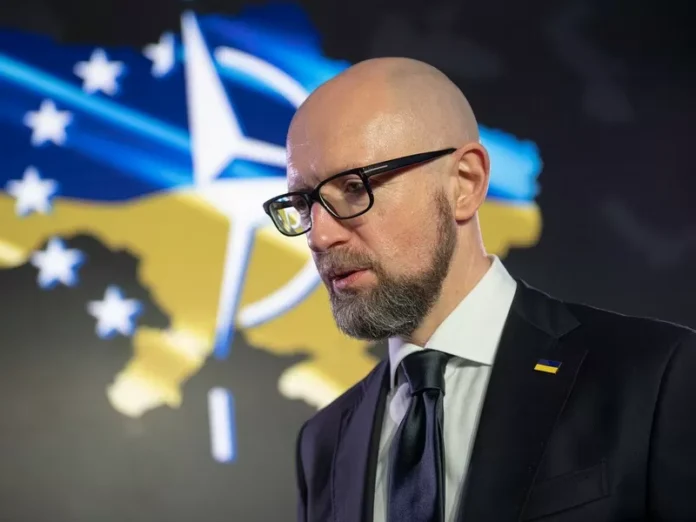NATO Prepares for Possible Changes in Leadership and its Impact on Military Aid to Ukraine
On July 10th, during the NATO Public Forum in Washington D.C. as part of the Alliance’s summit, former Prime Minister of Ukraine and Chairman of the Kyiv Security Forum Arseniy Yatsenyuk stated that the change in leadership of some NATO member countries may have an impact on military aid to Ukraine. This statement was reported by the Kyiv Security Forum website.
Yatsenyuk’s remarks come at a critical time for Ukraine, as the country continues to face ongoing aggression from Russia and its annexation of Crimea in 2014. Since then, Ukraine has relied on support from NATO and its member countries to strengthen its defense capabilities and protect its sovereignty.
However, with the recent changes in leadership in some NATO member countries, there is a possibility that the level of military aid and support to Ukraine may change. This has raised concerns among Ukrainian officials and citizens, who see NATO as a crucial partner in their fight against Russian aggression.
During his speech, Yatsenyuk emphasized the importance of NATO’s support for Ukraine and urged the Alliance to continue its strong stance against Russian aggression. He also highlighted the significant progress that Ukraine has made in its defense capabilities, thanks to the assistance and training provided by NATO.
Yatsenyuk’s statement serves as a reminder of the strong bond between Ukraine and NATO, and the crucial role that the Alliance plays in ensuring security and stability in the region. As Ukraine continues to face challenges and threats from Russia, it is imperative that NATO remains a steadfast ally and provides the necessary support to defend Ukraine’s sovereignty.
In recent years, NATO has significantly increased its support for Ukraine, both through military aid and political cooperation. This has included the deployment of NATO troops and military equipment to the region, as well as joint military exercises and training programs.
Furthermore, NATO has also provided political support to Ukraine, with the Alliance strongly condemning Russia’s actions and imposing sanctions in response to its annexation of Crimea. This support has been crucial in sending a strong message to Russia that its aggression will not be tolerated.
As NATO prepares for its upcoming summit, it is essential that the Alliance reaffirms its commitment to Ukraine and its support for the country’s sovereignty and territorial integrity. This includes providing continued military aid and assistance, as well as maintaining a strong stance against Russian aggression.
In conclusion, the change in leadership of some NATO member countries may have an impact on military aid to Ukraine, but it is crucial that the Alliance remains united in its support for the country. Ukraine has made significant progress in strengthening its defense capabilities, and with NATO’s continued support, it will be better equipped to defend itself against Russian aggression.

